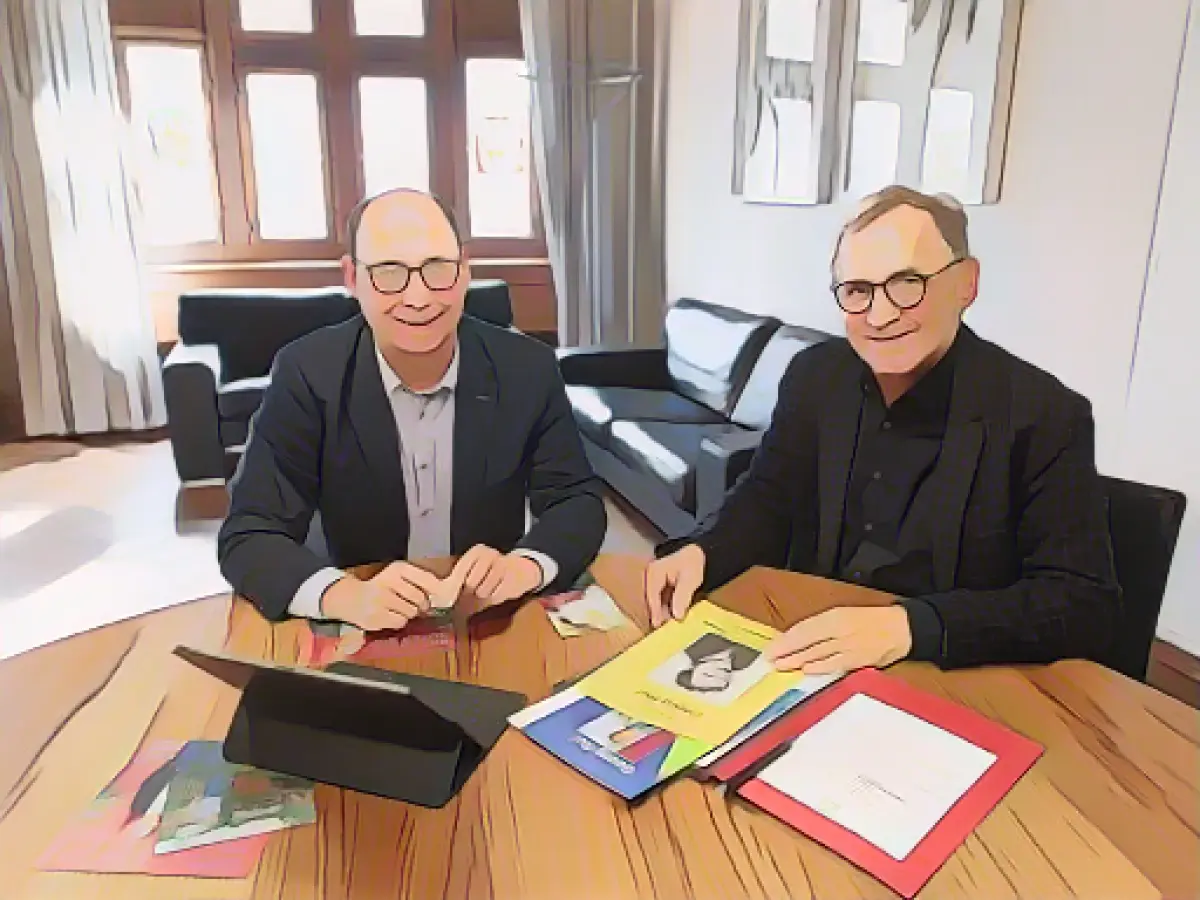Modern Mayoral Elections: Breaking Away from Tradition
The landscape of mayoral elections is undergoing significant changes, and the once-successful "independent expert from outside" approach no longer guarantees success. This shift is evident in the upcoming mayoral election in Ulm on December 3, according to political scientist and campaign consultant Erich Holzwarth. In recent years, experts can now lose to non-experts, and fewer traditional administrative career individuals are vying for mayoral positions.
Christian Ruf and Georg Ruf, both with ties to political offices, have witnessed these changes firsthand. Christian Ruf, the Lord Mayor of Rottweil, witnessed a more diverse field of candidates during his son's campaign in 2022. Georg Ruf, a public administration graduate, had to compete against other graduates in the past. The 2022 election saw a wider array of backgrounds, including lawyers and geographers.
Municipal elections are no longer limited to individuals with traditional administrative backgrounds, according to the Baden-Württemberg Association of Cities and Towns spokesperson. The line between administrative experts and non-experts is blurred, and long-term financial administrators can still be considered experts if they pursued a career in local government.
The shift in mayoral election campaigns has resulted in a decline in the number of cities where traditional administrative career individuals are running for office. Consequently, diverse backgrounds, such as lawyers and geographers, are now being presented in mayoral elections.
Underlying Factors
Several factors have contributed to the decrease in traditional administrative career individuals and the rise of candidates from diverse backgrounds in mayoral elections.
- Changing Demographics and Representation: As cities become more diverse, voters are seeking leaders who reflect their communities, leading to an increased emphasis on candidates from diverse backgrounds.
- Progressive Politics and Social Movements: The rise of social justice movements, such as Black Lives Matter, has created an environment where candidates from diverse backgrounds are more likely to run and win.
- Changing Public Perception of Leadership: Voters are now looking for leaders who can connect on a personal level and share stories of adversity. This shift has opened up opportunities for candidates from non-traditional backgrounds.
- Policy Focus on Inequality: Candidates focused on policy-driven solutions to address systemic inequalities affecting non-white communities have attracted a broader range of candidates.
- Increased Participation in Politics: The rise of community engagement and grassroots politics has encouraged more people to participate in the electoral process, leading to a more diverse pool of candidates.
- Shift in Political Culture: The shift towards inclusive leadership and the recognition of the importance of representation have empowered candidates from diverse backgrounds to run for office.
Together, these factors contribute to the trend of more diverse candidates running in mayoral elections, reflecting the changing demographics and values of urban communities.
[2]: Enrichment Data [3]: Enrichment Data








